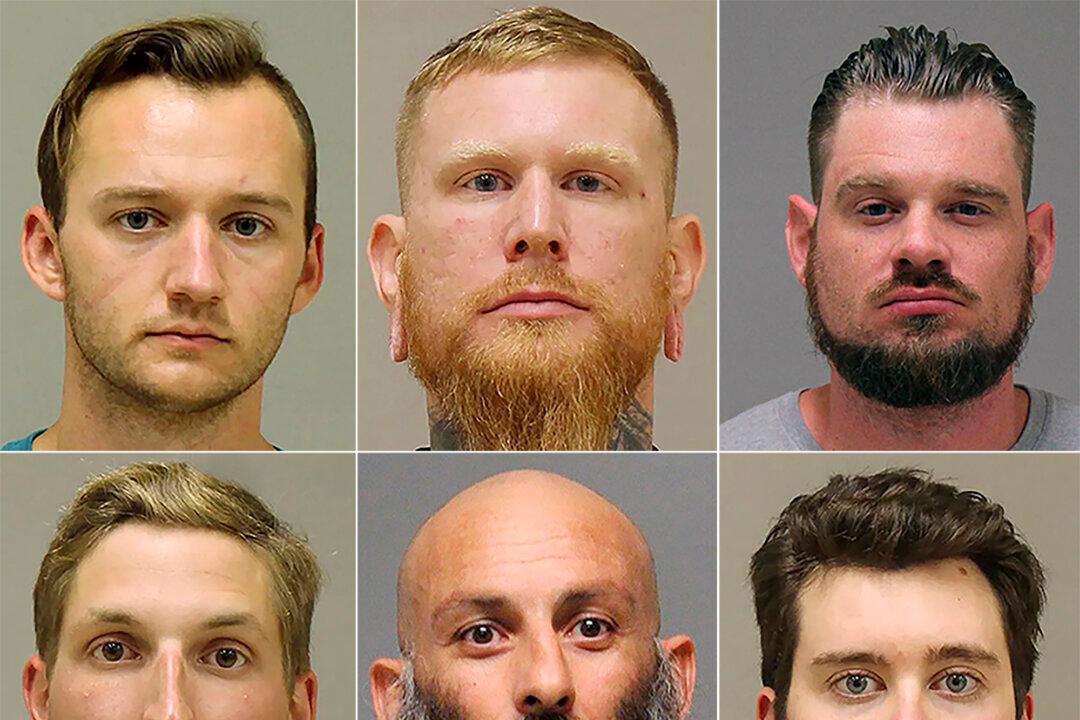Kaleb Franks, one of the five defendants set to face trial next month for conspiring to kidnap Michigan’s governor, changed course and decided to plead guilty to the allegations in a Grand Rapids federal courtroom on Feb. 9.
Franks told Magistrate Judge Phillip Green that he understood the consequences of striking a plea deal with government and abandoning his co-defendants’ argument—that they had been entrapped into the Gov. Gretchen Whitmer kidnapping plot by undercover FBI agents and informants.




